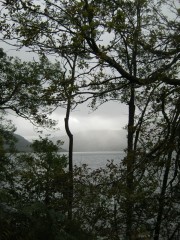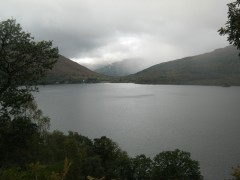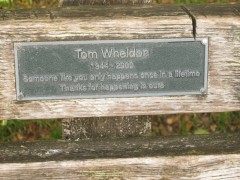Today we explored Psalm 90 as part of a very short series praying with the psalms. This psalm of lament/disorientation is not likely to top anyone's list of favourite psalms, it is rather gloomy! But right in the middle of it comes these verses (12-14 KJV) ...
So teach us to number our days, that we may apply our hearts unto wisdom.
Return, O LORD, how long? and let it repent thee concerning thy servants.
O satisfy us early with thy mercy; that we may rejoice and be glad all our days.
It is the middle line which is so shocking, and so far as I can ascertain only the KJV translates accurately from Hebrew... the writer tells God to repent! This eternal God, whose essential nature is unchanging, is angry and vengeful, so the writer demands that God repents, turns round and changes direction. Stop being angry, stop judging, stop punishing and instead be merciful, forgiving, gracious. Flip'n'eck! Would I dare address God thus? Wow! Or whoa!
Psalm 90, attributed to Moses, is a complex psalm, and it is one that arises from life in the raw, whether exile and slavery in Egypt, or confused wandering in the wilderness. It is a psalm that acknowledges the shortness and frailty of human life and contrasts this with God's timeless eternity. It is a psalm that basically says, given life is short, difficult, painful, brutal perhaps, how best can we live it?
Not an easy psalm, but one with which it is worth wrestling, and from which we can, perhaps, learn to pray with greater authenticity.



